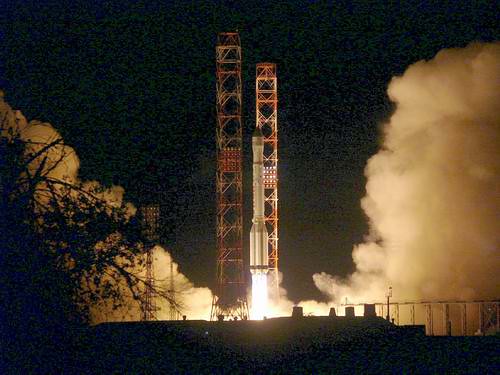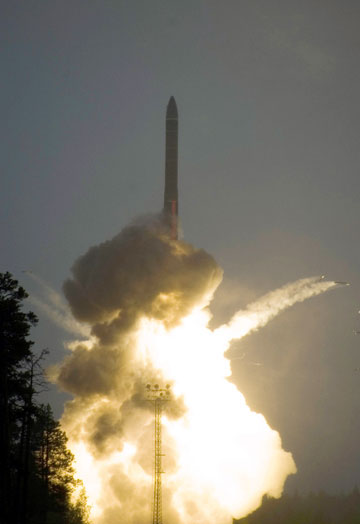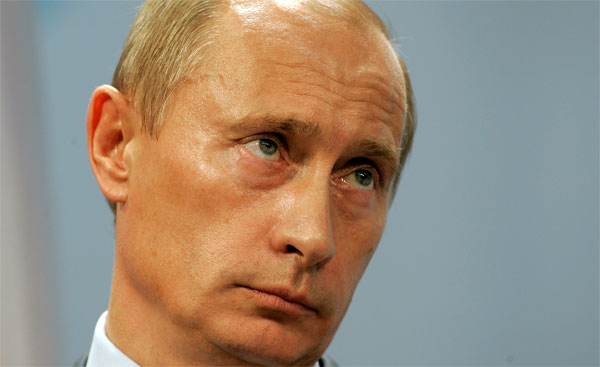Re: The Rise of the Russian Empire: Russo-Armenian Relations
Here is another news report that I wanted to post here for a long time. Perhaps many of you remember the assassinated Russian FSB agent turned British spy, Alexander Litvinenko, had written in his published book that the Armenian Parliament building shootings of 1999 was organized by top level officials within Russia's special services. Vladimir Putin was the Foreign Minister of the Russian Federation at the time. I remember that soon after the killings a Russian government source was quoted as stating that the shooting was the work of Americans (I will try finding it and post it here). Although Armenian authorities have not revealed any hard evidence implicating Russia in the crime, or the United States for that matter, it needs to be mentioned nonetheless that the only entity that directly gained from this blatantly bloody action was Moscow and to a lesser extent the pro-Russian ruling administration in Yerevan today.
Armenian
************************************************** *********

Former employee of Russia's Federal Security Service, colonel Alexander Litvinenko, stated form his political asylum in Great Britain that the shooting of Armenian parliament on October 27 of 1999 was organized by Russian special services, more precisely Russian Military Reconnaissance.
"Pursuing certain political aims, the Russian special services often turn to subversive activity. Many know in highest echelons of Russia's special services that the shooting of the Armenian parliament in 1999 was organized by RMR. This sabotage enabled Russia's political elite to prevent signing of the agreement on Karabakh settlement. If I am not mistaken, it was said that president Aliyev and Kocharian were to sign a memorandum at the Istanbul summit of OSCE. The peaceful process was developing aloof from Russia's control and that made Russian special services to carry out the special mission in the Armenian parliament", Litvinenko told Real Azerbaijan online newspaper (www.realazer.com).
Litvinenko said that he personally recruited employees of Azerbaijan's special services who occupy high positions today as well. "I was working at the anti-terror department. We actively engaged against Azerbaijan. I personally recruited 12 employees of Azeri National Security Service", he noted. "There are now 30 agents of Russian special services. Why? Because Putin does not trust Ilham Aliyev. Putin needs alternative sources of information. All Russia's institutes of Azerbaijan carry out tasks of the center, watch and control Aliyev", Litvinenko said.
Source: AZG Armenian Daily #079, 03/05/2005
Here is another news report that I wanted to post here for a long time. Perhaps many of you remember the assassinated Russian FSB agent turned British spy, Alexander Litvinenko, had written in his published book that the Armenian Parliament building shootings of 1999 was organized by top level officials within Russia's special services. Vladimir Putin was the Foreign Minister of the Russian Federation at the time. I remember that soon after the killings a Russian government source was quoted as stating that the shooting was the work of Americans (I will try finding it and post it here). Although Armenian authorities have not revealed any hard evidence implicating Russia in the crime, or the United States for that matter, it needs to be mentioned nonetheless that the only entity that directly gained from this blatantly bloody action was Moscow and to a lesser extent the pro-Russian ruling administration in Yerevan today.
Armenian
************************************************** *********
'SHOOTING OF THE ARMENIAN PARLIAMENT WAS ORGANIZED BY RUSSIAN SPECIAL SERVICES' FSB Colonel Claims

Former employee of Russia's Federal Security Service, colonel Alexander Litvinenko, stated form his political asylum in Great Britain that the shooting of Armenian parliament on October 27 of 1999 was organized by Russian special services, more precisely Russian Military Reconnaissance.
"Pursuing certain political aims, the Russian special services often turn to subversive activity. Many know in highest echelons of Russia's special services that the shooting of the Armenian parliament in 1999 was organized by RMR. This sabotage enabled Russia's political elite to prevent signing of the agreement on Karabakh settlement. If I am not mistaken, it was said that president Aliyev and Kocharian were to sign a memorandum at the Istanbul summit of OSCE. The peaceful process was developing aloof from Russia's control and that made Russian special services to carry out the special mission in the Armenian parliament", Litvinenko told Real Azerbaijan online newspaper (www.realazer.com).
Litvinenko said that he personally recruited employees of Azerbaijan's special services who occupy high positions today as well. "I was working at the anti-terror department. We actively engaged against Azerbaijan. I personally recruited 12 employees of Azeri National Security Service", he noted. "There are now 30 agents of Russian special services. Why? Because Putin does not trust Ilham Aliyev. Putin needs alternative sources of information. All Russia's institutes of Azerbaijan carry out tasks of the center, watch and control Aliyev", Litvinenko said.
Source: AZG Armenian Daily #079, 03/05/2005















Comment